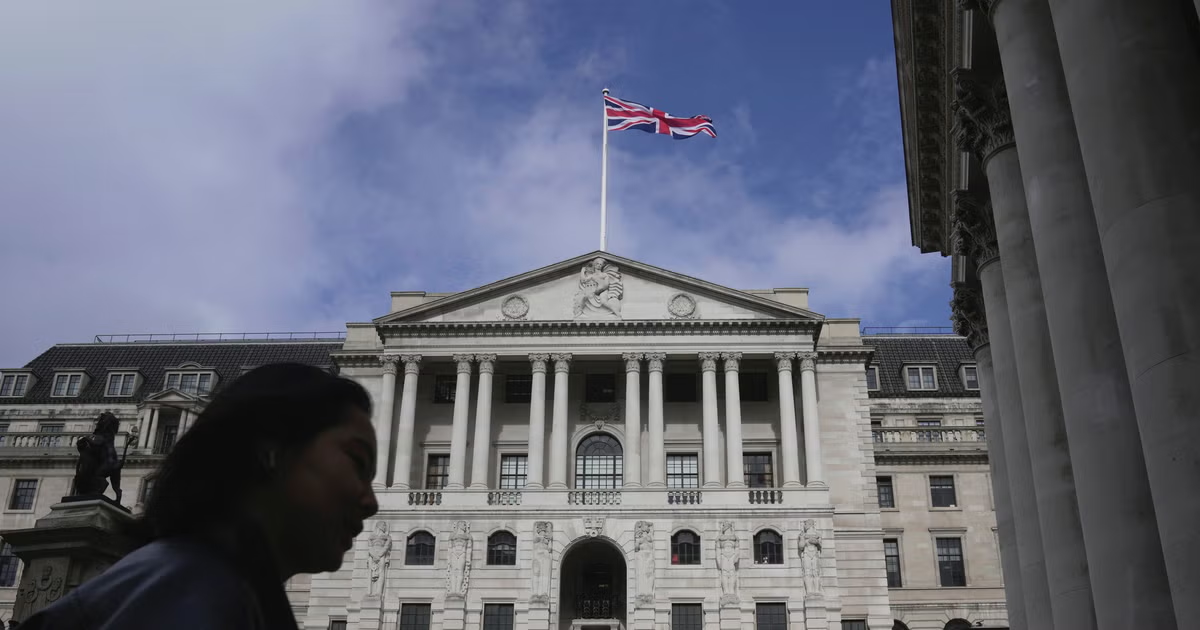The Bank of England’s Prudential Regulation Authority (PRA) has issued a directive for firms to disclose their current and anticipated cryptocurrency exposures as part of efforts to monitor financial stability and shape future regulatory policy.
In a statement released on December 12, the PRA requested firms to share details about their current and expected future cryptoasset exposures by March 2025. This information will help the authority assess the financial risks associated with cryptocurrencies and evaluate policy options using the Basel framework, an international regulatory standard for managing banks’ capital and risk.
Monitoring Financial Stability
The PRA emphasized that the data collected will serve as a foundation for monitoring the financial stability implicationsof crypto assets. The request extends to firms’ plans regarding crypto exposure through September 30, 2029, allowing the regulator to proactively address risks.
“This will inform work across the PRA and the Bank of England on cryptoassets by helping us calibrate our prudential treatment of cryptoasset exposures and analyze the relative costs and benefits of different policy options,” the statement explained.
The Basel framework, introduced by the Basel Committee on Banking Supervision (BCBS) in December 2022, sets out guidelines for banks’ exposure to crypto assets. It classifies crypto into three categories based on risk, requiring banks to align their capital and risk management practices accordingly.
Areas of Focus
The questionnaire issued by the PRA asks firms to address several key areas, including:
- Application of the Basel framework to cryptoasset holdings.
- Plans to use permissionless blockchains, and the associated risks.
The PRA highlighted risks linked to permissionless blockchains, such as the lack of settlement finality, potential settlement failures, and challenges in ensuring a reliable connection between asset ownership and control over validation mechanisms.
“While there are benefits that these new types of ledgers can bring, they also pose risks… such as settlement failure and lack of guaranteed authentication mechanisms,” the PRA noted, adding that the risks associated with permissionless blockchains remain under review.
Global Trends in Crypto Adoption
The PRA’s move comes amid growing global interest in cryptocurrencies. A number of companies have recently increased their Bitcoin (BTC) holdings, betting on its long-term value.
- On November 29, Boyaa Interactive International, a Hong Kong-based card and board game company, swapped nearly $50 million worth of Ether (ETH) for Bitcoin as part of its treasury strategy.
- On November 28, Japanese investment firm Metaplanet announced plans to raise over $62 million to increase its Bitcoin reserves, which already hold 1,142 BTC, valued at over $114 million.
Regulatory Outlook
As cryptocurrencies become increasingly integral to the global financial system, the Bank of England’s proactive approach underscores the importance of robust oversight to mitigate risks and ensure financial stability. The insights gained from these disclosures will likely shape the PRA’s regulatory framework and guide its response to the evolving crypto landscape.



















Comments